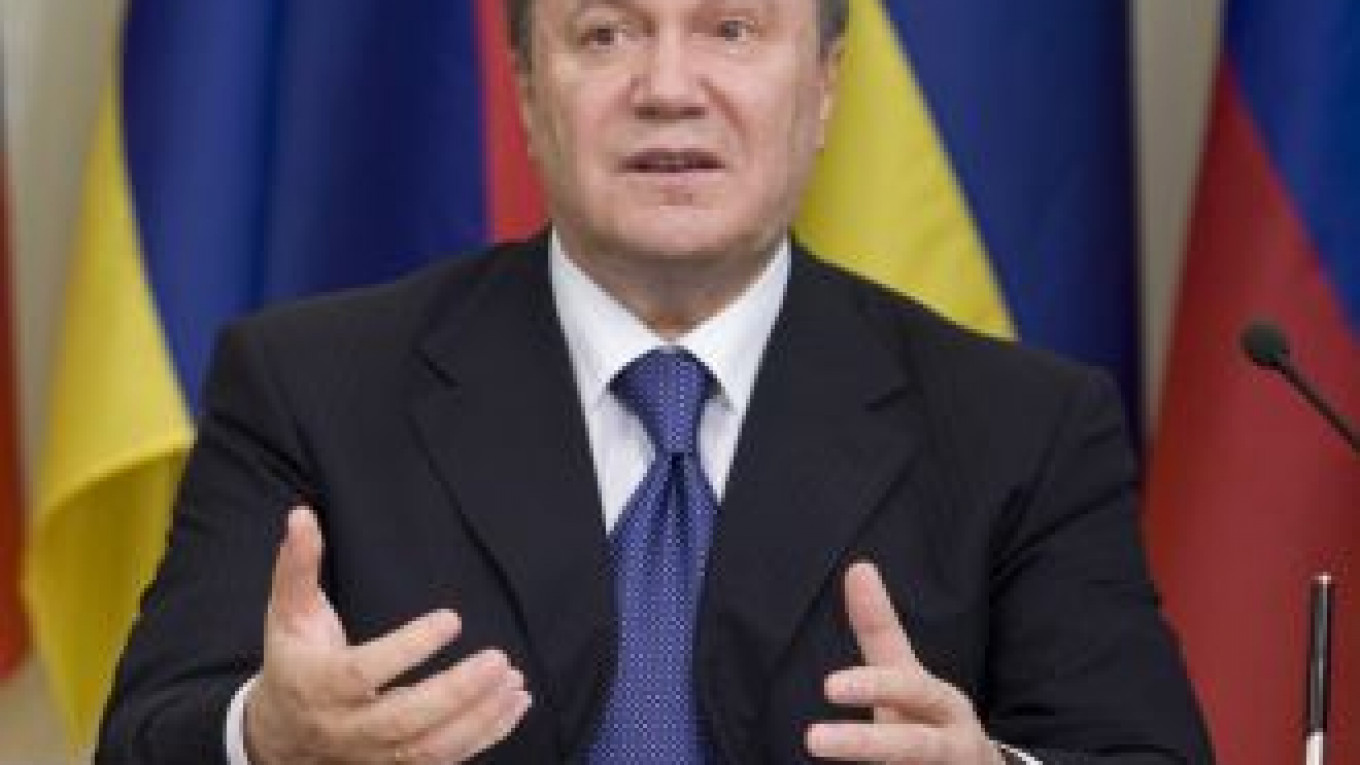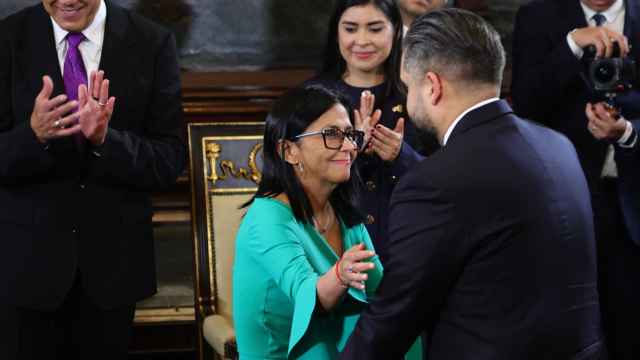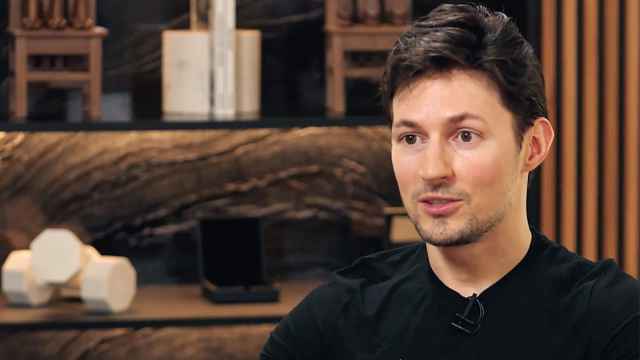GENEVA — Laos, a small nation dependent on aid and rice farming, wants to join the World Trade Organization. WTO powers including the United States, China and the European Union want it to.
But it can't, because Ukraine — and only Ukraine — half a world away and with no trade to speak of with Laos, says "No."
It is also alone among the 155 members of the world trade body in keeping out Yemen, whose Western-backed government, a product of the Arab Spring, wants international help to stabilize a nation beset by poverty, conflict and an al-Qaida insurgency.
Frustrating Laos and Yemen, both of whom have spent more than a decade negotiating membership, is part of a pattern of single-handed consensus-busting that diplomats from major blocs say is turning Ukraine, the second-biggest former Soviet state, into the new "bad boy" of the Geneva-based global trading club.
But Ukrainian trade negotiator Valery Pyatnytsky insists that he is merely promoting fair trade. His country attached "paramount importance," he said, to finding compromises and completing talks with the two aspirant WTO members — both of which could hope to join the body this year, if Ukraine relents. But Kiev would resist outside pressure to cut a deal, he added.
For a country to accede to the trading club, all existing members must agree, giving Ukraine a veto.
Pyatnytsky said his country was trying to guarantee its current and future economic interest by asking the candidates to cut tariffs on imports in the farming and metals sectors. "Ukraine's metals industry is interested in exporting to Yemen and Laos, which will help develop infrastructure and to modernize industry in these countries," he said.
In theory, opening pathways for exports would help Ukraine reduce its trade deficit, which more than doubled last year to $6.7 billion. But in practice, Laos and Yemen are insignificant markets. State Statistics Service data show that $17 million of Ukrainian goods went to Yemen in 2011, or 0.02 percent of total Ukrainian exports. Laos bought $48,700 of Ukrainian produce.
Some trade diplomats suggest that Ukraine is simply pressuring new entrants because its own journey to WTO membership was a rough ride, and it feels others should get the same treatment.
While that seems a bizarre basis for policy, some Ukrainians say it is not out of character for President Viktor Yanukovych.
Taras Kuzio, a critic of the government and a Ukraine expert at the School of Advanced International Studies at John Hopkins University, said: "I think it's the political culture of people in power. They feel aggrieved because they took a long time to join, the negotiations were tough and they want payback. They have a strong inferiority complex toward the outside world."
Others, however, question how far that can explain strategy pursued by, among others, trade negotiator Pyatnytsky, whose professionalism fellow diplomats have come to respect: "He's a super smart guy and doesn't care about being popular," one said.
Yemen and Laos are not the first to face Ukrainian hurdles to membership. Almost as soon as Kiev joined the WTO itself in 2008 it made a slew of demands on Montenegro, delaying the tiny ex-Yugoslav republic's own membership until just last month.
Serbia, newly confirmed as a candidate for European Union membership, is struggling to agree terms with Ukraine for its entry to the WTO.
Faced with Ukraine's demands, Laos and Yemen asked senior WTO diplomats for an unprecedented intervention to help with bilateral negotiations, according to an internal WTO report by the ambassadors who took part — from Denmark, Germany and China.
The three envoys "encouraged Ukraine to re-engage intensively." Laos agreed to cut tariffs and Yemen made a "comprehensively revised offer," while Ukraine bowed to pressure from other members to drop a demand for Yemen to cut tariffs below current levels. Pyatnytsky said Ukraine was also offering a 10-year transition period for Yemen and Laos to cut tariffs.
But Yemen said the gap with Ukraine remained "considerably large," the report said. Trade Minister Saadaldeen bin Talib came to Geneva for a last-ditch effort with a mandate for "going the extra mile," but he also asked Ukraine for "reasonableness" so that any offer could be accepted by the government in Sanaa.
Talib pledged to stay as long as possible to get a deal but left Geneva without a breakthrough May 5, after a week in which "the atmosphere deteriorated substantially," one source said — Ukraine had even threatened, perhaps rhetorically, to block Yemen's membership for another decade.
Laos and Ukraine are set for talks later in May.
A Message from The Moscow Times:
Dear readers,
We are facing unprecedented challenges. Russia's Prosecutor General's Office has designated The Moscow Times as an "undesirable" organization, criminalizing our work and putting our staff at risk of prosecution. This follows our earlier unjust labeling as a "foreign agent."
These actions are direct attempts to silence independent journalism in Russia. The authorities claim our work "discredits the decisions of the Russian leadership." We see things differently: we strive to provide accurate, unbiased reporting on Russia.
We, the journalists of The Moscow Times, refuse to be silenced. But to continue our work, we need your help.
Your support, no matter how small, makes a world of difference. If you can, please support us monthly starting from just $2. It's quick to set up, and every contribution makes a significant impact.
By supporting The Moscow Times, you're defending open, independent journalism in the face of repression. Thank you for standing with us.
Remind me later.






